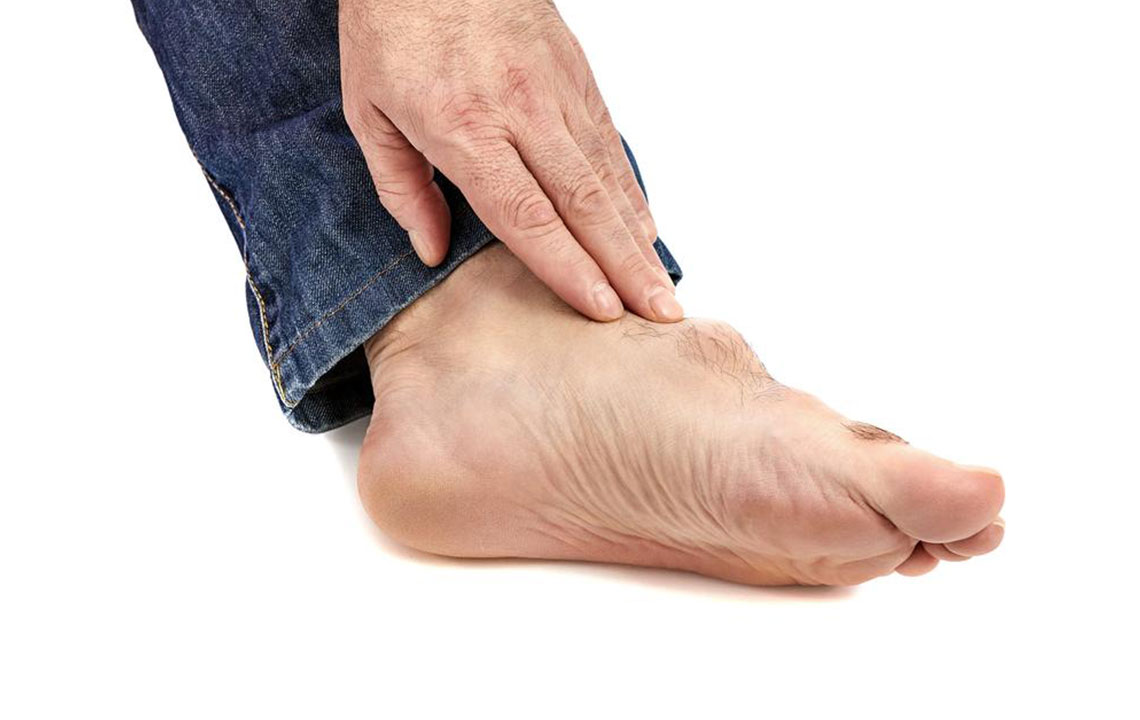Effective Strategies for Gout Management
Learn effective strategies for managing gout, including lifestyle changes, medications, and early treatment to prevent discomfort and joint damage. Discover how proper diagnosis and proactive care can improve quality of life with this condition.

Effective Strategies for Gout Management
Uncontrolled gout pain can significantly impact daily life. Managing this condition involves lifestyle modifications and medication adherence. Initial relief can be achieved by applying ice packs to affected joints and increasing water intake. Stress reduction is also crucial, as it may trigger gout episodes. As age progresses, gout attacks may become more intense, underscoring the importance of consistent health monitoring. Consulting healthcare professionals regularly aids in tailored treatment plans to prevent future attacks and manage symptoms effectively.
Gout episodes typically last about a week but can persist longer in some cases. Even after symptoms subside, recurring attacks are common. Therefore, ongoing medical consultation and lifestyle adjustments are vital. Medications like NSAIDs provide swift pain relief, often within 24 hours. Corticosteroids can also be administered via injection or oral intake when necessary. An age-old remedy, colchicine derived from plants, remains popular for gout pain relief. Addressing uric acid levels through prescribed medications prevents future attacks, emphasizing the need for a proactive approach. Combining medication with dietary control and regular exercise fosters better outcomes.
Timely intervention is crucial; early treatment minimizes discomfort and avoids severe joint damage. In advanced cases unresponsive to medication, surgery may be considered to alleviate pain caused by joint deterioration. Managing gout involves treating the initial inflammation and preventing subsequent episodes. Delay in treatment often results in persistent pain or costly surgeries such as joint replacements. A comprehensive approach includes a personalized diet plan—limiting alcohol, red meat, and seafood—and avoiding medications like diuretics that raise uric acid. Patient involvement in treatment and lifestyle adjustments is essential for long-term control.
For successful management, a healthcare provider should tailor dietary and medication strategies. Maintaining a healthy weight and avoiding triggers like alcohol significantly reduce attack risks. Regular checkups enable early detection and prompt management, preventing irreversible joint damage. Active patient participation, including diet regulation and stress management, complements medical treatment. With proper care, individuals can lead a comfortable life despite gout, emphasizing the importance of early intervention and lifestyle vigilance.










